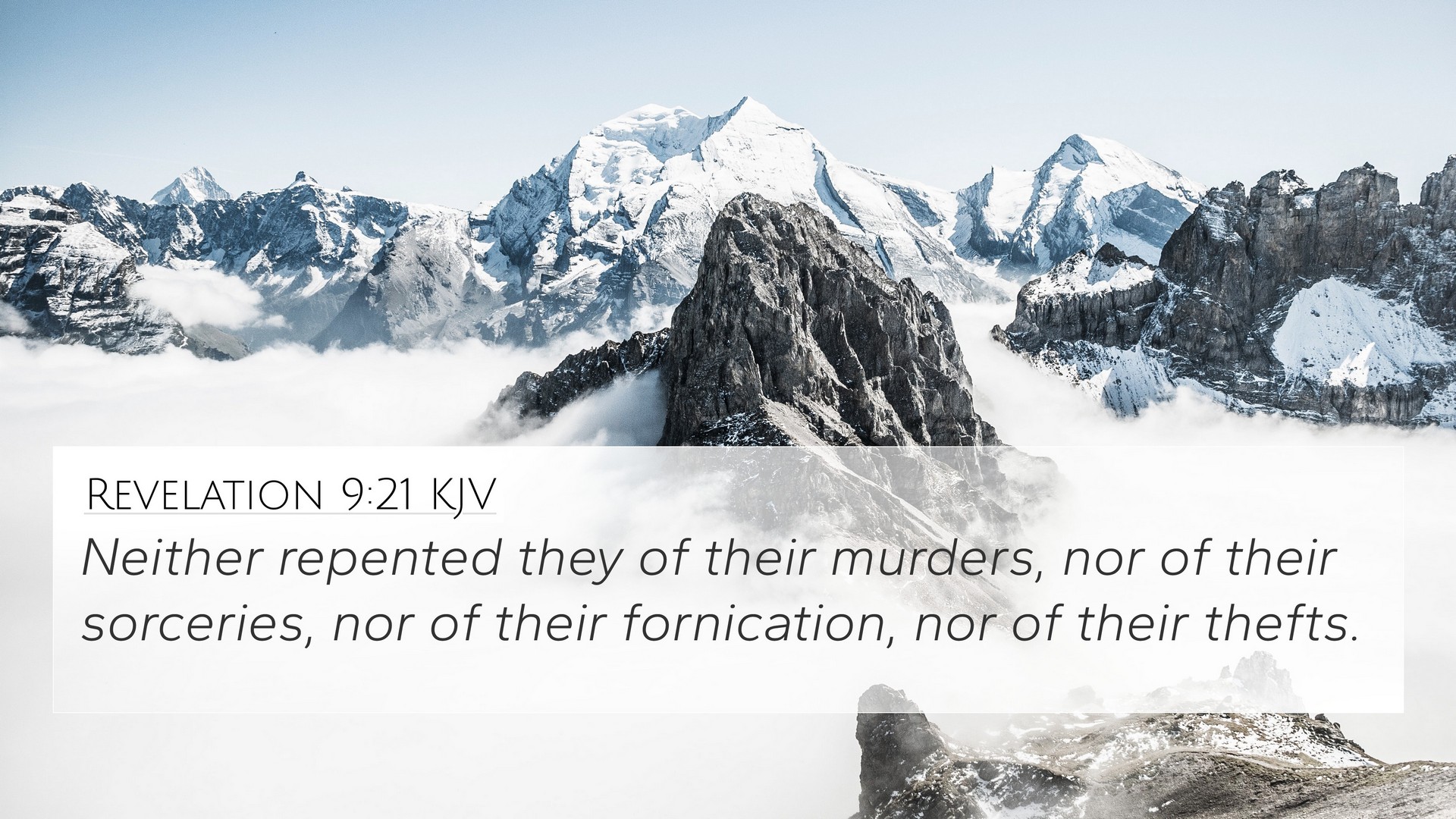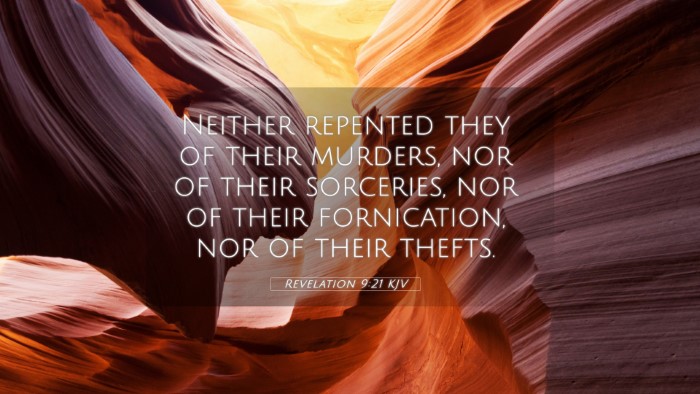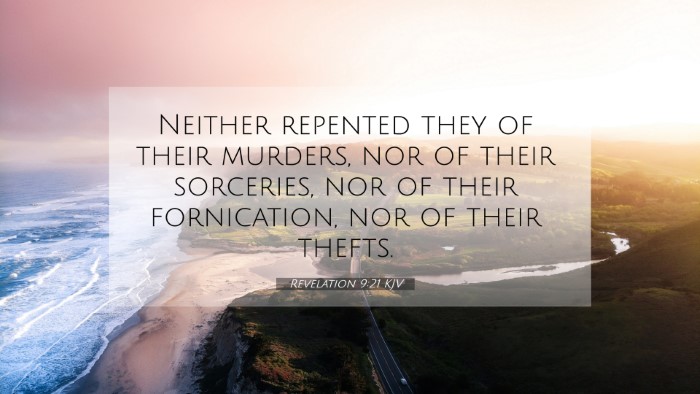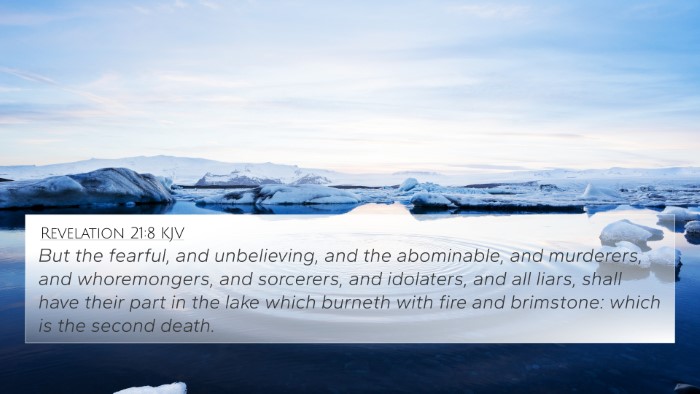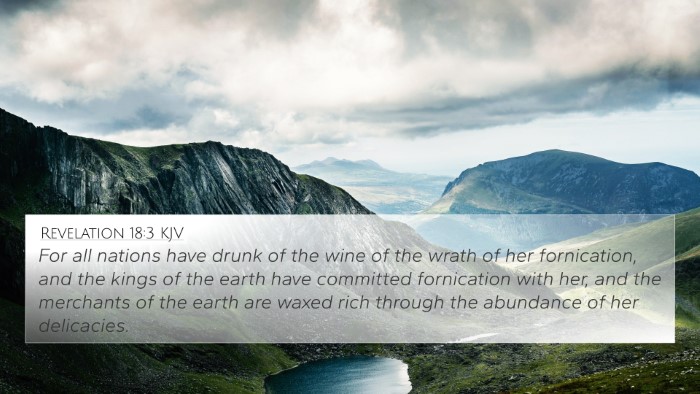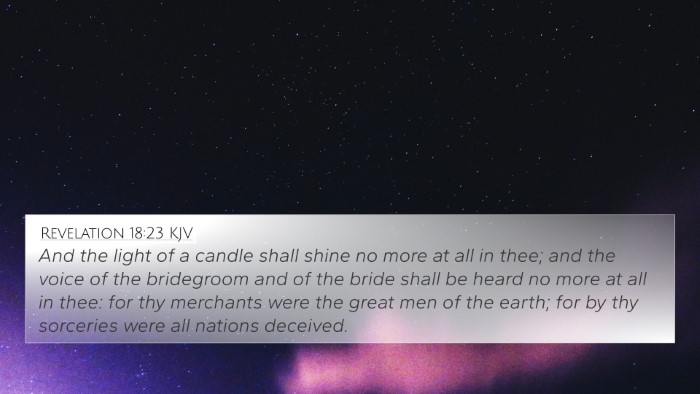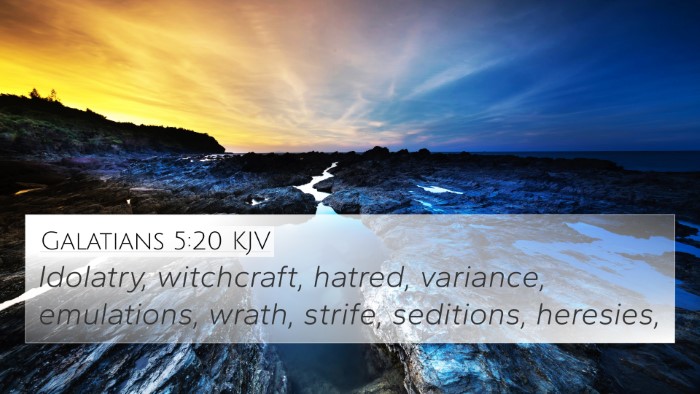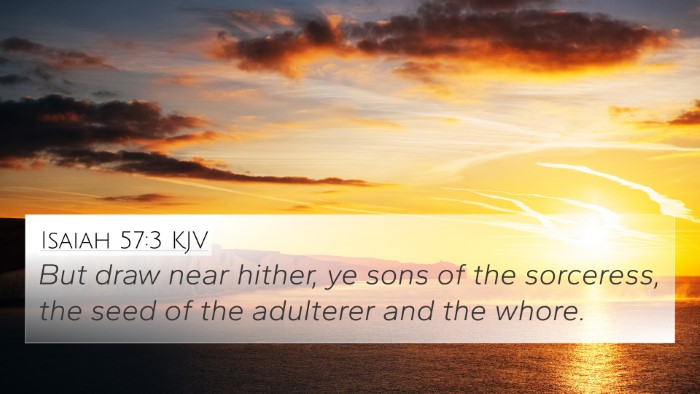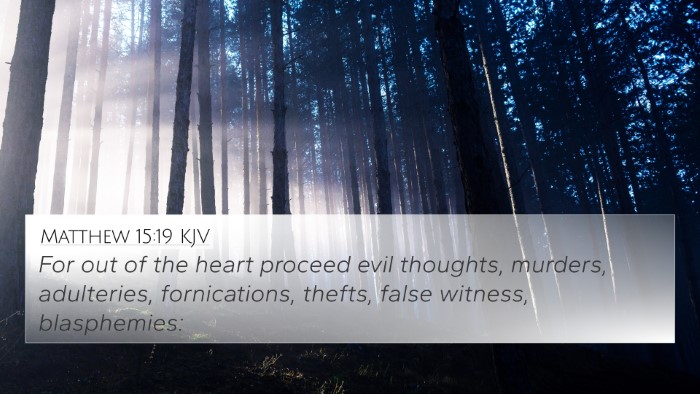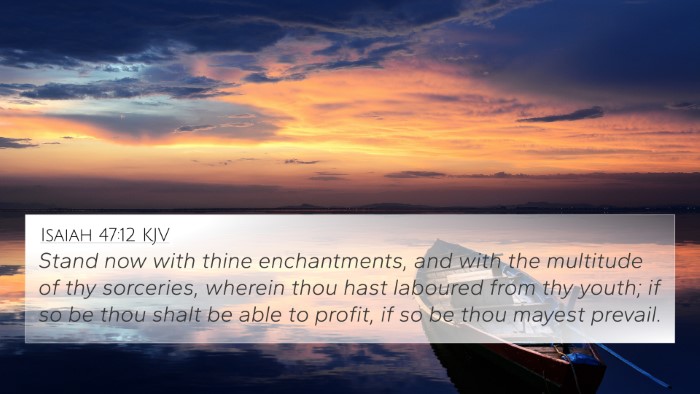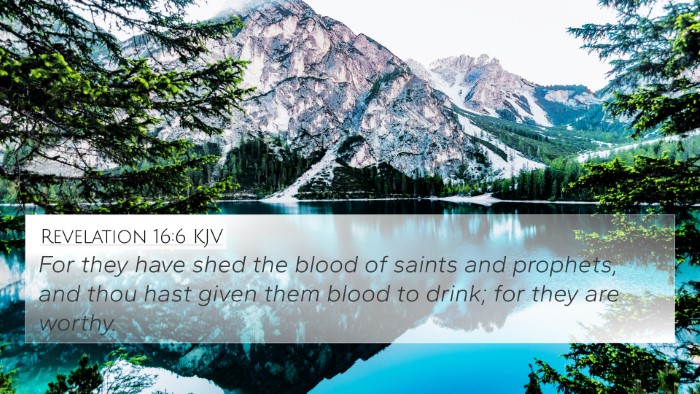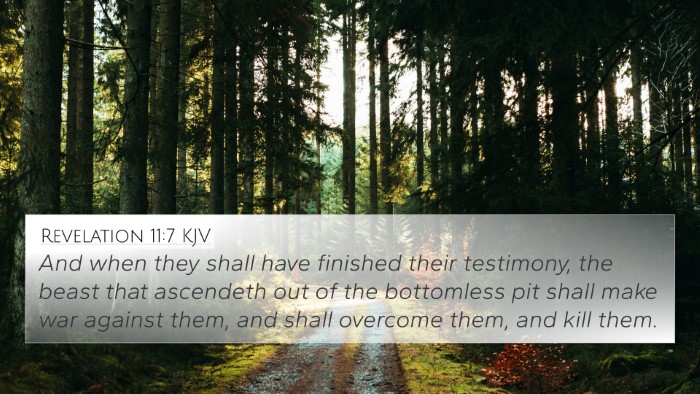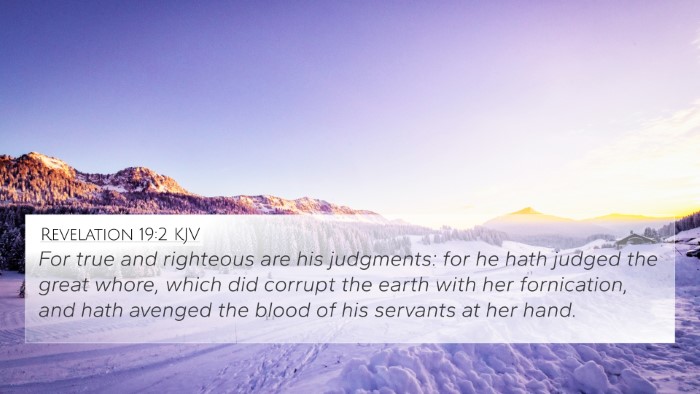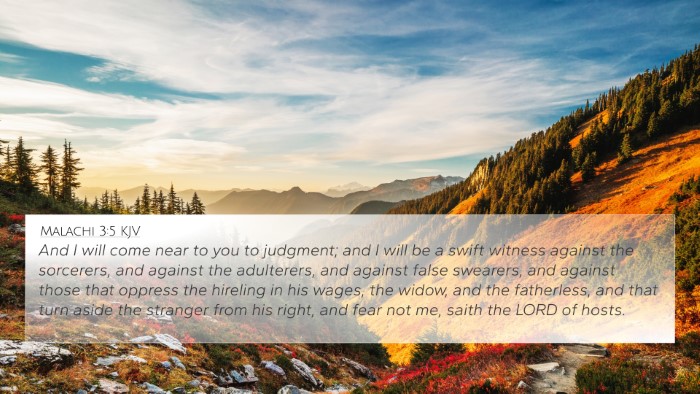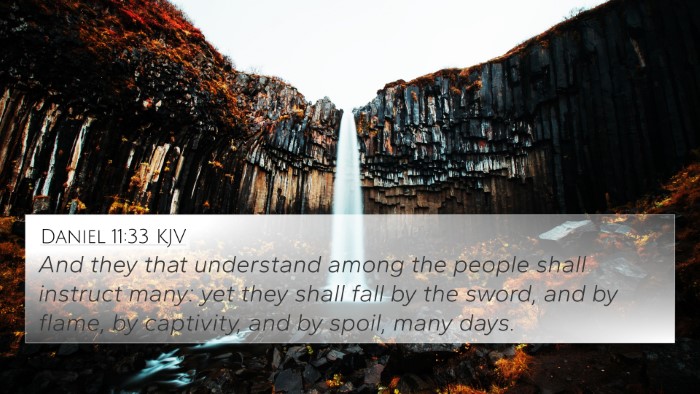Understanding Revelation 9:21
Revelation 9:21 states, "Neither repented they of their murders, nor of their sorceries, nor of their fornication, nor of their thefts." This verse is a profound reflection on human unrepentance and the ongoing fallout from divine judgment. In this analysis, we will explore the verse's meanings based on insights from renowned public domain commentaries, including those by Matthew Henry, Albert Barnes, and Adam Clarke, while also considering its connections to other scripture.
Verse Context and Meaning
This verse falls within a larger apocalyptic vision that describes the consequences of divine wrath upon humanity. Specifically, the passage highlights the inability of those who suffer under God's judgment to turn away from their wickedness. The reiteration of sin categories — murders, sorceries, fornication, and thefts — emphasizes the moral and ethical collapse of humanity.
Commentary Insights
Matthew Henry
Matthew Henry explains that this verse signifies a stubbornness in humanity that persists despite experiencing significant divine judgment. He highlights that the repeated afflictions did not lead to repentance, illustrating the hard-heartedness of the unrepentant. Henry stresses the importance of recognizing sin and the necessity of true repentance, emphasizing that unrepentance only leads to further judgment.
Albert Barnes
Albert Barnes interprets the mention of "murders, sorceries, fornication, and thefts" as representative of the broader sins that plague humanity. He argues that these specific actions were emblematic of the moral degradation prevalent in society, drawing attention to the consequences faced when a society turns away from God. Barnes notes the grievous nature of unrepentance, as it not only signifies a rejection of divine mercy but also the clinging to sinful practices.
Adam Clarke
Adam Clarke elaborates on the significance of each sin mentioned in this passage. He notes that "murders" reflect violent opposition against others, "sorceries" symbolize the reliance on occult practices, "fornications" point to sexual immorality, and "thefts" indicate dishonesty and greed. Clarke interprets this verse as a stark warning against the perils of sin and underscores the importance of seeking forgiveness and turning away from such behaviors, lest one faces further divine judgment.
Bible Verse Cross-References
To better understand Revelation 9:21, let us explore several cross-references that highlight similar themes of unrepentance and the consequences of sin:
- Revelation 16:9: "And men were scorched with great heat, and blasphemed the name of God, which hath power over these plagues: and they repented not to give him glory."
- Romans 2:5: "But after thy hardness and impenitent heart treasurest up unto thyself wrath against the day of wrath and revelation of the righteous judgment of God."
- Jeremiah 8:5: "Why then is this people of Jerusalem slidden back by a perpetual backsliding? they hold fast deceit, they refuse to return."
- Luke 13:3: "I tell you, Nay: but, except ye repent, ye shall all likewise perish."
- 2 Peter 2:21: "For it had been better for them not to have known the way of righteousness, than, after they have known it, to turn from the holy commandment delivered unto them."
- Proverbs 1:24-26: "Because I have called, and ye refused; I have stretched out my hand, and no man regarded; But ye have set at nought all my counsel, and would none of my reproof: I also will laugh at your calamity; I will mock when your fear cometh."
- Ezekiel 18:30: "Therefore I will judge you, O house of Israel, every one according to his ways, saith the Lord God. Repent, and turn yourselves from all your offenses; so sin shall not be your ruin."
Thematic Bible Verse Connections
The themes of divine judgment, the invitation to repentance, and the presence of human stubbornness run throughout scripture. Understanding these connections enriches the study of Revelation 9:21:
- Unrepentance in the Gospels: Instances in the Gospels highlight Jesus’ calls to repentance amidst warnings of judgment (Matthew 4:17).
- Old Testament Prophets: Various prophets emphasized the need for repentance, warning of judgments to come (Amos 5:14-15).
- The Book of Lamentations: Reflecting on consequences for sin illustrates themes of sorrow and a call to return to God (Lamentations 3:40).
- Pauline Epistles: Letters by Paul urge believers towards holy living and away from sinful practices (Romans 6:1-2).
How to Use Bible Cross-References
Engaging with cross-references enriches one's understanding of the scripture's message. For those wanting to delve deeper, consider the following:
- Use a Bible concordance to find relevant passages associated with themes in Revelation 9:21.
- Create a Bible cross-reference guide for personal study, noting verses that resonate with themes of judgment and repentance.
- Utilize a cross-reference Bible study to identify links between passages across the Old and New Testaments.
Conclusion
Revelation 9:21 serves as a powerful reminder of humanity's inclination to persist in sin even in the face of divine judgment. The insights from Matthew Henry, Albert Barnes, and Adam Clarke emphasize the importance of repentance and the moral accountability that accompanies our choices. As we explore the connections between scripture, we find that the call to repentance is not unique to this passage but resonates throughout the entire biblical narrative. By studying revelations and their cross-references, we gain a holistic understanding, which is essential for both spiritual growth and effective sermon preparation.
